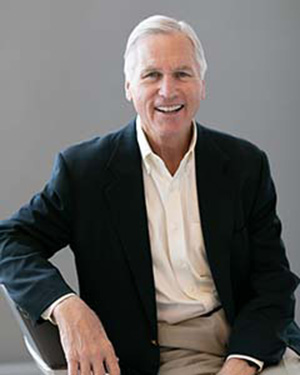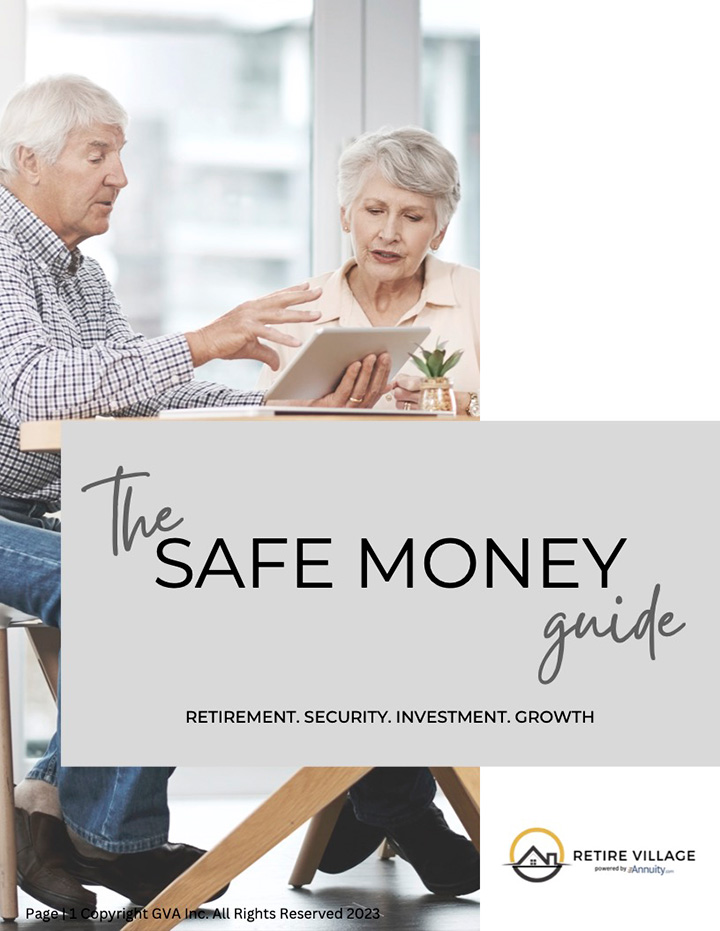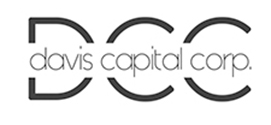Tim Davis
, Certified Financial Fiduciary, Retirement Income Certified Professional
Davis Capital Corp
What The Pandemic Has Taught Us About Financial Planning
Like most people, I have found myself challenged by the fallout from the COVID-19 pandemic. The social consequences are genuine, and so is the financial impact as millions of Americans face economic hardship and uncertainty. - Tim Davis, CLU, CEBS
As is the case with most of life, each hardship and challenge contains lessons to be learned. These lessons, if properly understood, can lead to long-term, positive changes. Nowhere is this truer than in the area of personal finance. Even though the United States has long had one of the most successful, respected, and trusted financial systems in the world, COVID-19 proved that we are still vulnerable to “black swan” events.
The pandemic exposed numerous shortcomings and weak spots in the global financial system and highlighted the need for the preservation of market liquidity. Long-term interest rates created a situation where companies have taken on far too much debt. The result of this excessive debt is that rating agencies will downgrade many companies. The downgrades then have the potential to create a tsunami that will overwhelm financial markets as the high-yield market has difficulty handling increased inventory.
We’ve also seen that service-based economies were not ready for an event such as the pandemic. Many stores were forced to shut down, and, likely, a good percentage of those will never re-open. Even the surge in Amazon sales has not been able to blunt the pandemic’s impact on the retail sector. Similar stories are being reported in the hospitality, travel, education, and senior services industries, all of which have been strongly impacted by the COVID recession.
What should YOU do to keep on track during COVID-19?
It’s easy to become paralyzed by fear and uncertainty as we attempt to restart the world. It is challenging to shut off distractions, filter news reports, and think of moving forward with money decisions and retirement planning. However, there are some essential financial planning lessons to be gleaned from the pandemic. If you apply these solid, “old school” principles of wealth creation and preservation, you can emerge from the chaos in better shape than you might imagine. Here are three things that you can do to avoid losing ground in planning for your ideal retirement both during the pandemic and after it has faded away.
Establish and protect your emergency fund. Many of my colleagues in financial services have complained that their advice about saving for a rainy day usually falls on deaf ears. Well, thanks to the pandemic, this is no longer the case. People who found themselves jobless and locked down realized that the impact of a crisis is lessened when one is financially prepared. Those who had managed to save six months of living expenses fared far better than those caught flat-footed when lockdowns were announced. An emergency fund is not just a good idea- it’s an absolute necessity in turbulent times.
Shift your ideas about spending money. For many folks, the global pandemic changed their views about spending. Homes and luxury goods that are difficult to afford even in good times create even more stress when jobs are cut or hours are reduced. I believe that the “lean and mean” mindset that many have adopted out of necessity will continue long after the virus has gone.
Think in the long term. COVID taught us that our economy is fragile in the short term but resilient in the long run. Even if you are only a few years away from retiring, you can still have a long-haul mindset. Instead of panicking, partner with your trusted advisor to find ways to safely grow your wealth and protect it from erosive forces, such as increased taxation and inflation. A diversified and long-term approach to finances is the best course of action.
Prepare
Emergency readiness is always a good idea. Many Americans live in areas prone to natural disasters. Having a few months of supplies of non-perishable food, toiletries, and other basics goes a long way in creating peace of mind. As we saw during COVID when panic overtakes rational thought, shelf-emptying frenzy sets in. Forward-thinking people can have more peace of mind by accumulating good supplies of food, water, and medicines in case they can’t leave home for long periods. This isn’t “hoarding,” it’s just good common sense. The Bottom Line While a constant barrage of bad news can be distracting, you should continue to interact with your financial advisor. Make adjustments that he or she feels will maximize your returns or protect your wealth when the economy stumbles. Apply old-fashioned, time-tested principles to your retirement planning, resisting the urge to pivot too dramatically. By doing these things, you will be more confident going forward and less likely to make mistakes with your money.
Tim Davis
Davis Capital Corp
Katy, Texas 77494
tim.davis@retirevillage.com
(281) 665-3133

Looking For Answers?
Download our Safe Money Guide and learn more about safe retirement options that can help you achieve your retirement goals safely - FREE!


